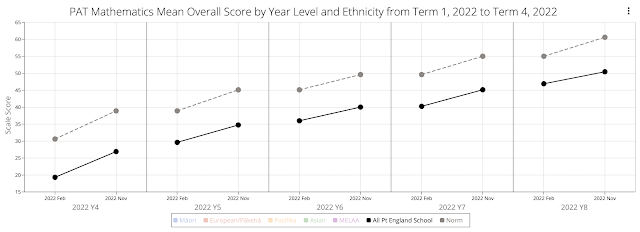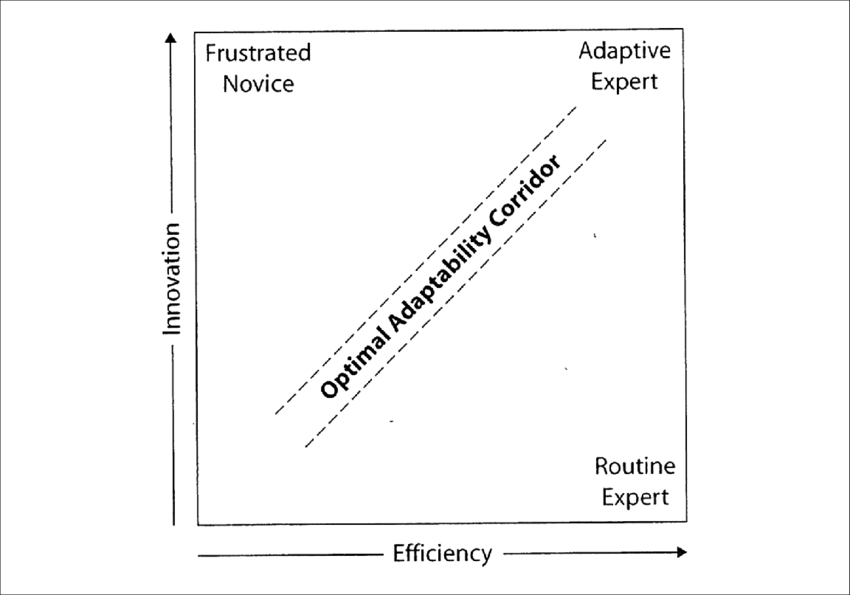Running out of time!
This term I've been trying out my maths intervention. I have been using more materials/ songs etc. - a variety of modes of content and different teaching practices. This has been targeted specifically at my groups operating at level 1 and 2 of the curriculum. It has been hard work. The gaps of my learners are very broad, so while they are technically around the same level, they have different strengths and weaknesses. I think having the span of level 1 - 5 has been a little too much to cater for effectively - I take my hat off to teachers in rural schools who have this span. I expect you would get accustomed to it, but also I think a smaller class (less than 29) would help greatly! The activities have definitely paid off - I can see how teaching using multi-modal offline/online experiences is especially important when learning the initial maths concepts. However, I think it's quite engaging for all learners, even those working well above. The problem lies with the time it take


